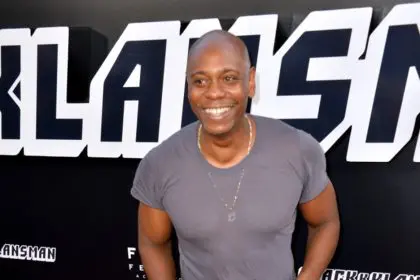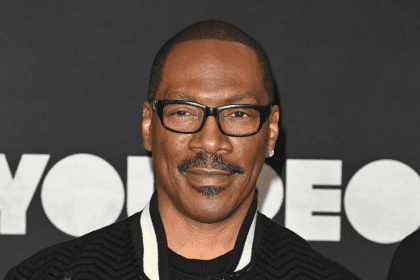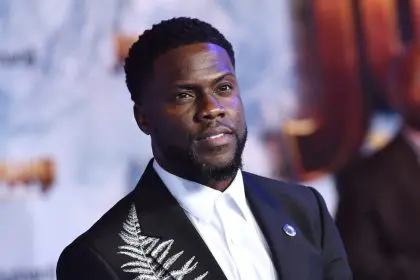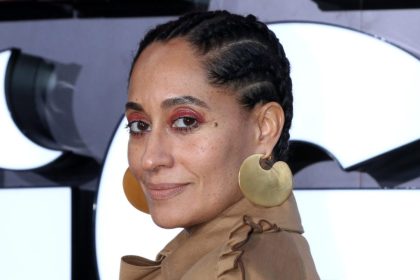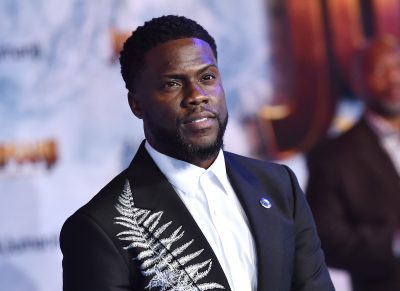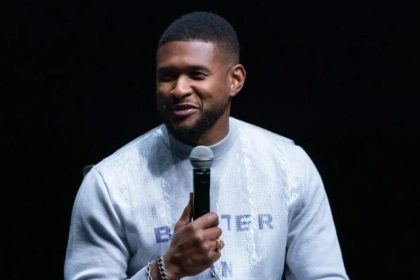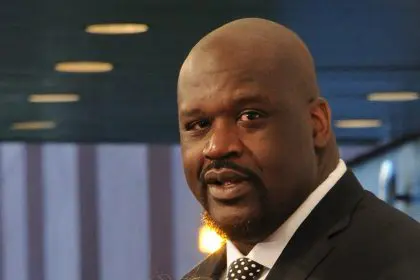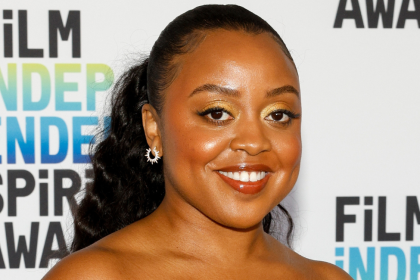
“They always put a black man in a dress…”
That sentiment has been floating through African American culture for years and was crystallized in star Dave Chappelle’s interview with Oprah Winfrey in 2006. Chappelle was talking about the frustrations that many black comedic actors face in Hollywood. His statement validated the belief that many black fans have intimated for years. But was it a valid statement?
That notion was on my mind this week after hearing Mike Epps’ comments in a recent radio appearance. The radio interview was with DeDe In the Morning on K-104 in Dallas, TX; and Epps made waves by criticizing fellow funnyman Kevin Hart. But Epps was also asked what he would or would not do in a movie–specifically, would he kiss another man in a movie for any amount of money.
“No,” Epps replied. “After the money is gone, that’s when I’ll start getting suicidal thoughts about what I did.”
Epps’ response isn’t the most telling aspect of the exchange–the question itself highlights a mindset that seems to define the way many African Americans view what they see onscreen.
Epps wasn’t asked if he would ever engage in a same-sex kiss on-camera for artistic or humorous reasons–only if he would do it for money. There seems to be an overarching belief that if you see a straight black man doing anything onscreen–from playing a gay character to drag humor–that is less than “masculine,” its because they “sold their souls” for money. Artistic merit is never taken into consideration, it seems. The context in which the act is presented isn’t considered, either.
“They always put a black man in a dress.”
Men dressing as women for the purpose of comedy is as old as comedy itself. If we’re taking count, there are far more white comedians that have done drag humor than black comedians or non-comedic black actors. Dustin Hoffman, Tom Hanks, Robin Williams, Jack Lemmon, Johnny Depp and virtually every white male cast member of “Saturday Night Live” have all donned dresses on-camera–either for laughs or for specifics relating to a character. Further, most black comedic actors that have performed in drag have done so with characters of their on creation, i.e. Martin Lawrence’s “Mama Payne” and “Shenehneh” characters from his hit TV show or Tyler Perry’s “Madea,” who was a fixture on the black stageplay circuit before he ever made a motion picture. So who is “they?”
It seems as though this sentiment is rooted in the notion of protecting someone’s idea of black masculinity, because there doesn’t appear to be any real epidemic here. The notion that a black male actor has to be emasculated by cross-dressing in order to obtain a certain degree of “crossover” stardom is fairly ridiculous and unfounded. Wesley Snipes famously played a drag queen in Too Wong Foo, Thanks For Everything! Julie Newmar in 1995. But he had been an A-List action star for several years prior to that film, having already starred in big-budget blockbusters like Passenger 57, Demolition Man, Boiling Point and Rising Sun. In 1995, Snipes didn’t have to do a movie like Too Wong Foo. Will Smith briefly appeared in drag during a sequence in the 1999 film Wild Wild West. But, again, he had already established himself as a box office star well before–with Bad Boys, Independence Day, Men In Black and Enemy of the State. Other A-list black actors spent the 1990s appearing in heavy dramas and action films. Laurence Fishburne starred in movies like What’s Love Got To Do With It, Deep Cover, Fled, Just Cause, Hoodlum and The Matrix. Samuel L. Jackson became a household name playing a tough-but-thoughtful killer in 1994s Pulp Fiction before starring in other testosterone-driven roles in movies such as Jackie Brown, Long Kiss Goodnight, Die Hard With A Vengeance and The Negotiator; as well as more character-driven dramas like Eve’s Bayou, 187 and A Time To Kill. Where was the cross-dressing in any of those performances?
And the community must also recognize that a black man playing a gay character is just that–a black man playing a gay character. It’s a character or a story that’s being told. To discount the artistic merit of playing that character–that is, to reduce the willingness of an actor to play a black gay character as “selling out” for money–is inherently homophobic. It assumes that no “respectable” straight black man would ever want to play a gay character–even if the character is as nuanced and compelling as anything else onscreen. Our view has become frustratingly narrow.
In the context of comedy, there seems to be nothing harder in entertainment than being a black comedian. You’re expected to be funny, but every time you present your act you run the risk of being charged with “cooning” or “buffoonery”–oftentimes by people who simply just don’t find you to be funny. Comedy is entirely subjective, so the audience has to make it’s own determination regarding what it will and won’t accept. And comedians have to decide for themselves where they are willing to draw the line.
Going back to Epps, it seems that the actor/comedian has forgotten that comedy is subjective. Later in the same radio interview, he blasted Kevin Hart for not being funny and for benefiting from marketing.
“One overrated comedian? Kevin Hart,” Epps said. “In this business right here, sometimes marketing can be bigger than talent. This business is not about being funny–this business is about being forced on people. If the business was based on being funny, wouldn’t none of these suckers be in it. If this business was based on being handsome…everybody that’s rich is ugly. From the athletes to the actors. If this business was based on being handsome, I would have a billion dollars.”
Or maybe, Mike Epps–and all of the rest of us–should remember that “funny” is in the eye of the beholder and learn how to recognize that our taste may not be the world’s taste. You shouldn’t jump on the bandwagon of something just because it’s popular, but disliking something that’s popular doesn’t make you noble or mean you have integrity.
It just means our tastes are different.



